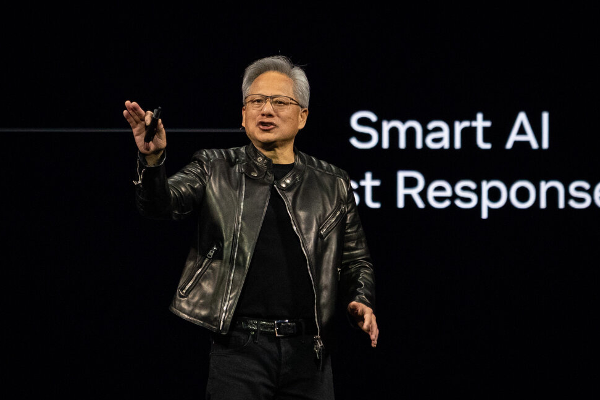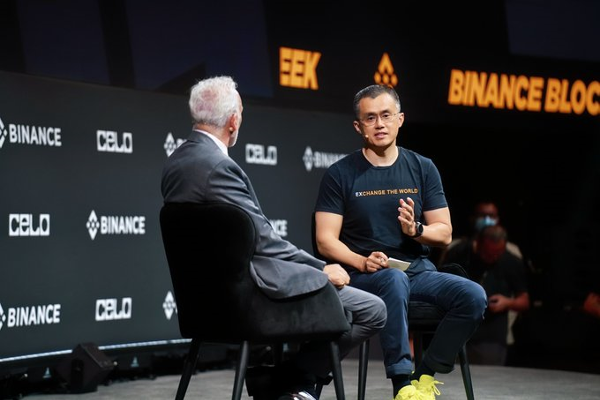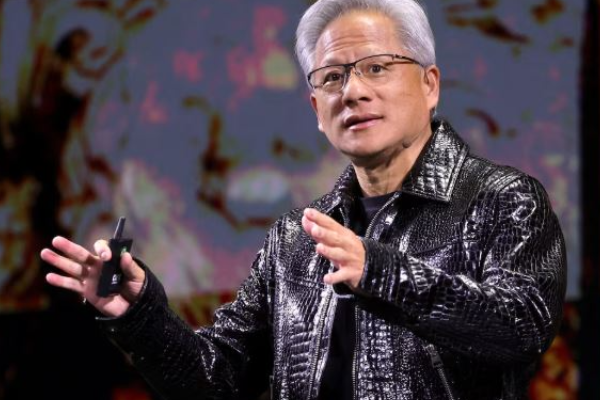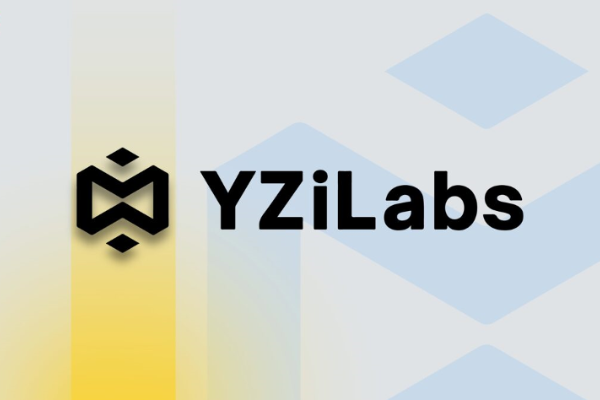Ethereum Foundation announces the formation of a "Privacy Cluster" team

The Ethereum Foundation, which oversees development of the Ethereum network, has announced the formation of its "Privacy Cluster," a team of 47 blockchain industry experts tasked with bringing privacy features to layer-one smart contract networks.
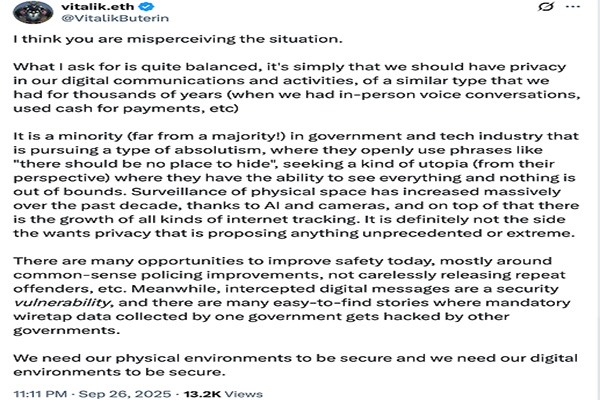
According to an announcement on Wednesday, the Ethereum Privacy Cluster brings together researchers, engineers, and cryptographers to develop protocol-level privacy features, including private payments and private decentralized identity solutions.
The Foundation launched the Ethereum Privacy Steward (PSE), a privacy-focused research and development initiative, in September. The Privacy Cluster will work closely with the PSE to build privacy-enhancing features.
These privacy-enhancing developments include developing zero-knowledge infrastructure (a method for verifying information without revealing its content), enabling confidential transfers via the PlasmaFold layer-2 network, and preventing remote procedure call (RPC) nodes from relaying user metadata.
Privacy, core to the cypherpunk ethos that underpins cryptocurrencies and data encryption, has regained attention within the cryptocurrency community due to the increasing sophistication of digital surveillance technologies and their impact on individual freedoms.
The Growing Importance of Privacy in 2025
Privacy is gaining renewed attention within the cryptocurrency industry as governments around the world push for greater financial surveillance of citizens and artificial intelligence creates new threat vectors to user privacy.
The EU's proposed "Chat Control" law, legislation that would grant European governments unfettered access to all messaging traffic, could boost the adoption of Web3 alternatives as users seek privacy and control over their data.
Ethereum co-founder Vitalik Buterin urged the cryptocurrency community to "fight chat control," warning of the potential risks of collected data being misused or leaking sensitive user information through hacking.
"You can't make society safe by making people insecure. We all deserve privacy and security, and our private communications shouldn't have unavoidable backdoors that can be hacked," Buterin said.


